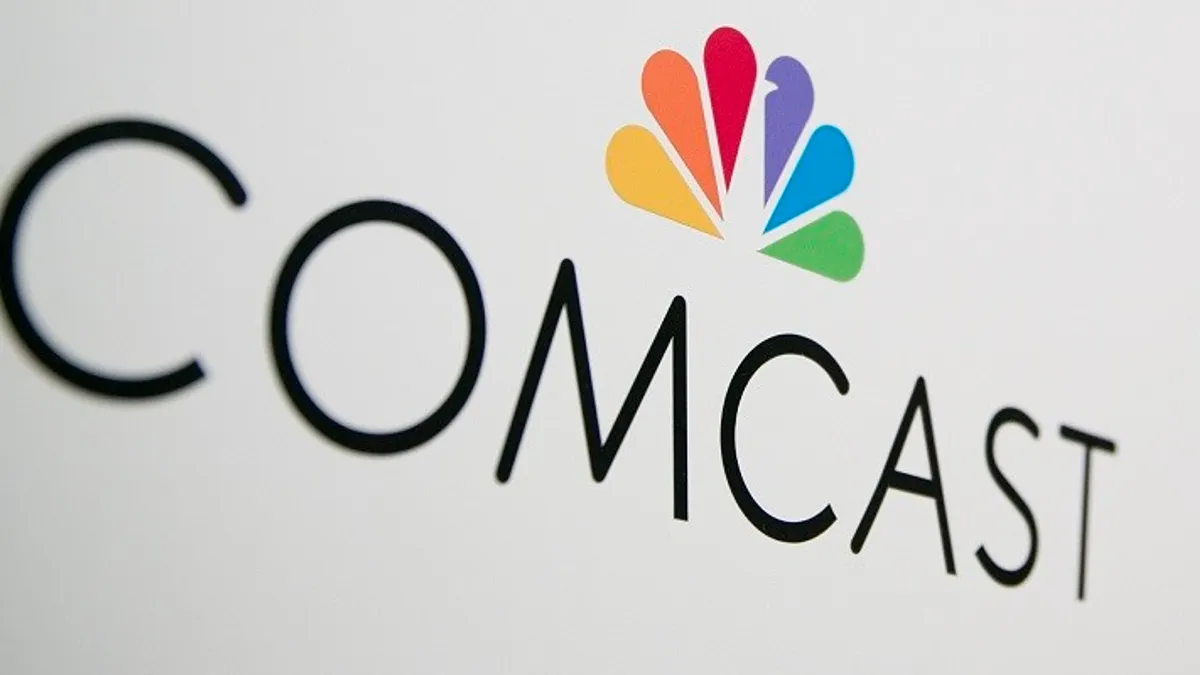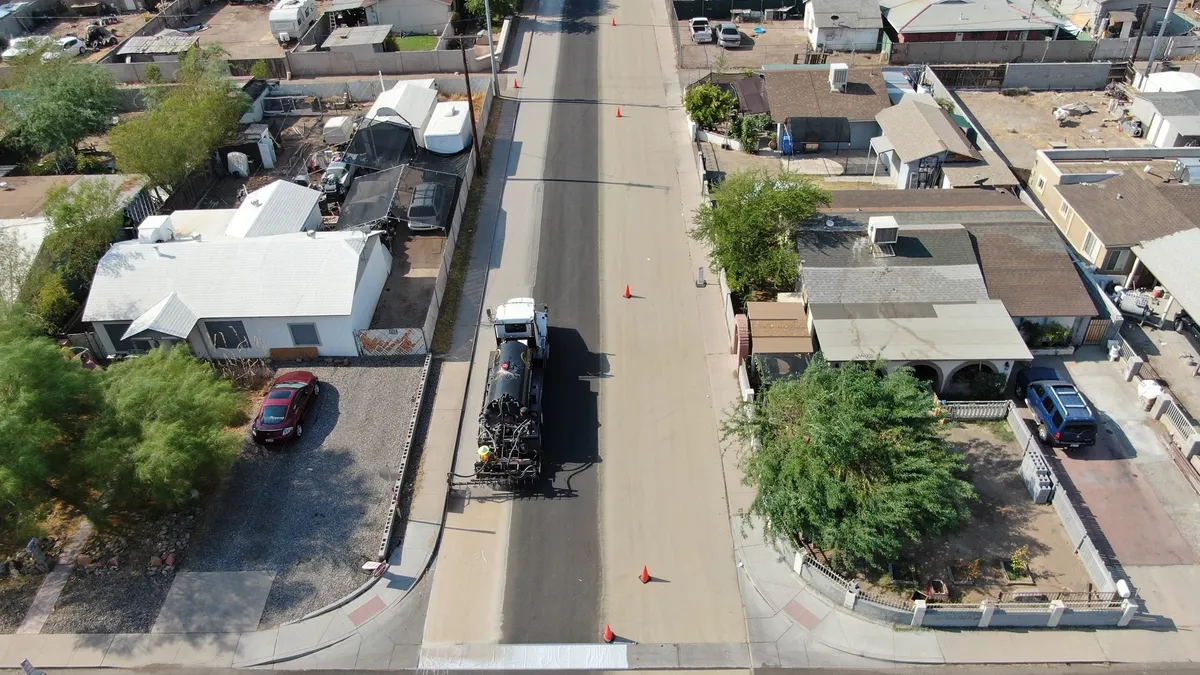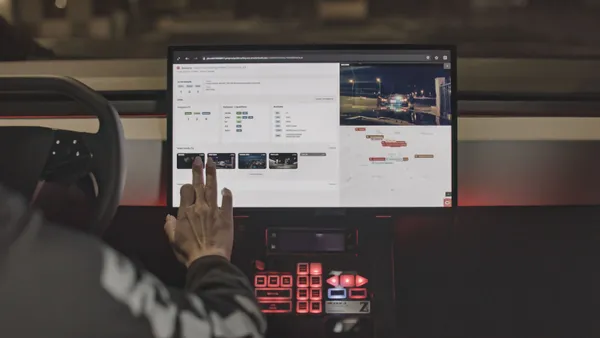Dive Brief:
- Comcast has expanded its Internet Essentials broadband adoption program to the more than 1 million low-income veterans who live in its service area, the company announced Monday.
- The Internet Essentials program is in its seventh year of providing broadband access to low-income families. According to a progress report released Monday, the company has connected more than 6 million Americans — 2 million in the last year alone — through Internet Essentials, which provides low-cost internet and digital literacy training.
- The company cites figures from the U.S. Census Bureau's 2016 American Community survey, which say that less than 70% of low-income veterans have internet access and 40% don’t own a computer.
Dive Insight:
The digital divide remains a nagging problem in American cities; a report this spring from the National Digital Inclusion Alliance found that nearly 57% of residents in Detroit lack fixed broadband, and cities like Memphis, TN, Cleveland, OH and Miami, FL had more than 47% of residents without broadband. Although many neighborhoods can lack competitive service options, the problem is not purely an infrastructure one. The cost of high-speed internet access is a deterrent, and some residents may not have the literacy training or experience to know why an internet connection is necessary, or may rely on mobile data.
Cities have tried to offer their own training programs or take steps to expand broadband options at a lower cost, but are also trying to partner with companies like Comcast to ensure there are cheaper options available. The Housing Authority of the City of Austin, TX, for example, partnered with Google Fiber to bring an affordable internet connection to 4,300 public housing residents. New York City had partnered with Verizon to bring Fios to the entire city, but ended up in a legal dispute after charging the company had broken its promise.
Comcast's program can be helpful because it does not require new infrastructure, but it also depends on subscribers knowing it is available. Critics have also said that the internet speeds offered by Comcast don’t meet the FCC's definition of broadband speed. Bryan Mercer, executive director of West Philadelphia's Media Mobilizing Project, told The Philadelphia Inquirer that red tape that limits the program if subscribers have unpaid bills or have had Comcast service in the last 90 days "is a real roadblock to someone trying to keep their utilities affordable and their families online." Comcast says the 90-day restriction was waived in Philadelphia, but is active outside the city.
Although Comcast says the 15 mpbs speeds allow low-income subscribers to do most anything with the Essentials subscription, it shows that more investments and help from public officials can still be needed to give all city residents equitable broadband access.










